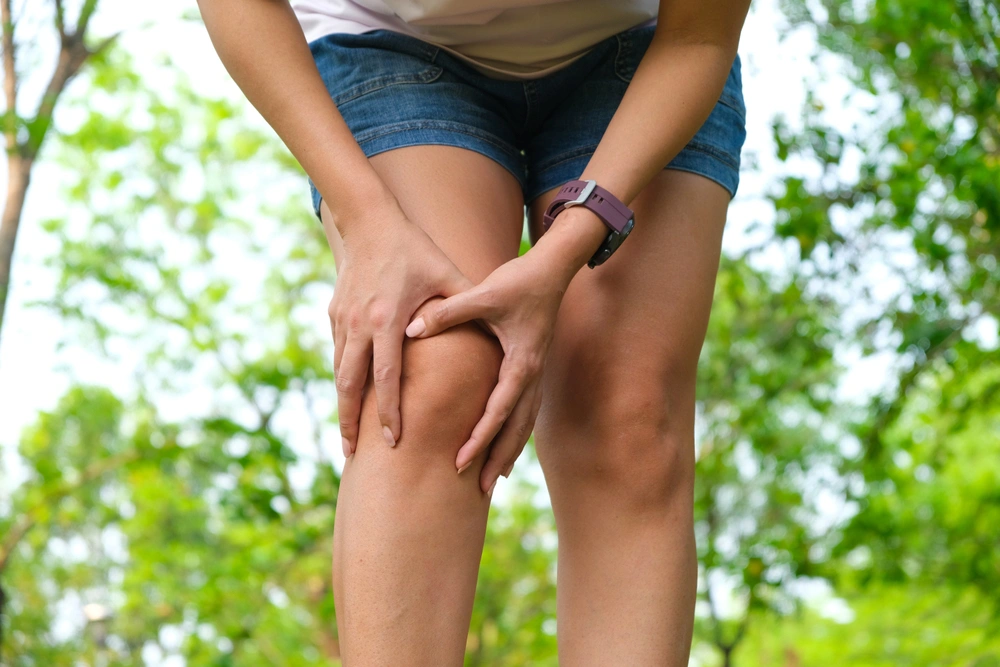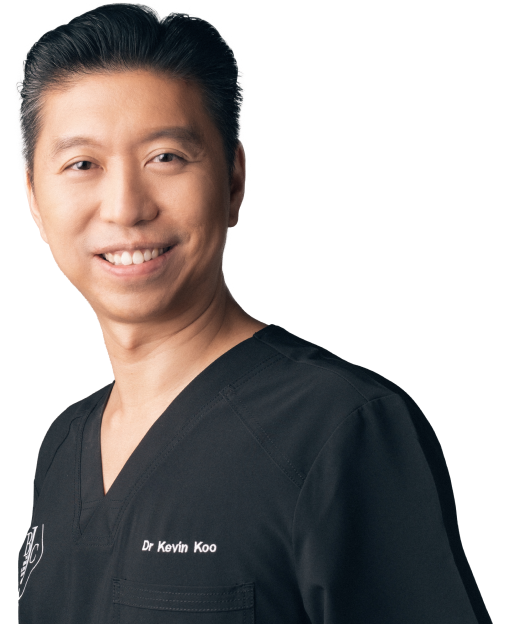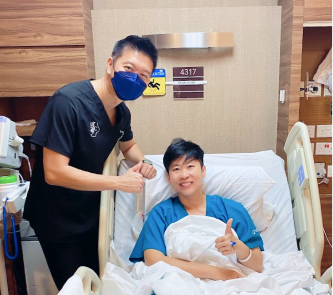Knee Conditions

The knee joint is composed of bones, ligaments, cartilage, muscles and tendons, all of which work together to help you support your weight, stand and walk. As a crucial joint in our body supporting much of our weight, the knee is a commonly injured area. At The Bone and Joint Centre, we treat a complete range of knee conditions.
Knee problems may be caused by natural wear-and-tear from ageing, overuse, illnesses and injury due to trauma or overexertion. Arthritis and other common knee injuries such as fractures and sprains often result in knee pain and difficulty walking.
What are the Symptoms of Knee Conditions?
Depending on the type and severity of the condition, signs and symptoms may include:
- swelling
- warmth and redness
- joint stiffness or locking
- muscle spasms
- popping sound in the joint
- difficulty extending the knee
What are Some Causes of Common Knee Conditions?
Depending on the type and severity of the condition, signs and symptoms may include:
- ACL injury – A tear in the anterior cruciate ligament (ACL) commonly occurs in athletes who participate in high-intensity, contact sports like basketball and football.
- Fracture – This involves a partial or complete crack in the patella (kneecap) due to falls and vehicular collisions.
- Bursitis – This occurs when the fluid-filled cushion in front of the kneecap called bursae becomes inflamed and irritated.
- Patellar tendinitis – This refers to the inflammation of the patellar tendon, which may arise from constant jumping.
- Torn meniscus – A meniscus tear occurs when the knee is subjected to excessive pressure or twisting while the foot is planted on the ground.
- Cartilage injury – The articular cartilage acts as a shock absorber and allows bones to glide smoothly against one another. It can be damaged by wear and tear or trauma.
- Strains or sprains – These refer to injury to the ligaments, tendons or muscles in the form of overstretching or tearing.
Knee problems may also result from arthritis, which commonly include:
- Osteoarthritis – This is a degenerative disease in which the cartilage of a joint wears away, causing bones to rub against each other and form bone spurs.
- Rheumatoid arthritis – This is an autoimmune condition where the immune system mistakenly attacks healthy tissues in the joint, causing swelling and knee pain.
How to Reduce the Risk of a Knee Problem
- Maintain a healthy weight
- Practice proper techniques and warm-ups when exercising
- Engage in balance and stability training to strengthen the muscles
- Wear comfortable shoes
What Are Common Knee Conditions We Treat?
While some knee injuries require little to no treatment, others may require more invasive procedures. Here are some of the conditions we treat and services we offer:
- knee osteoarthritis
- knee replacement surgery
- meniscal injury
- “keyhole” meniscal repair
- ligament injury (ACL, PCL)
- ligament reconstruction
- cartilage injury
- cartilage repair
- fractures
- tendinitis and tendon injuries
- knee cap dislocation/instability
- knee deformities
What Are the Treatment Options for Knee Problems?
- RICE method - This stands for Rest, Ice, Compress and Elevate; and involves resting the affected area, applying ice every 20 minutes to decrease pain and swelling, compressing the area with bandage to reduce swelling and elevating the leg slightly.
- Corticosteroid and hyaluronic acid injections - These are given to relieve knee pain
- Knee braces - These offer support and prevent weight and pressure from being placed on the affected knee.
- Physiotherapy - These are exercises done to strengthen the knee or restore flexibility and movement to the joint.
- Knee replacement surgery - In cases where the knee joint is severely injured or diseased, a surgeon may replace the joint with an artificial one.
Regardless of severity, knee problems should be seen by a doctor, especially if it is persistent or affecting your usual activities. Dr Kevin Koo is an experienced orthopaedic surgeon in Singapore skilled in treating all conditions of the knee.
Our Knee Surgeon in Singapore
FRCSEd (Orth), FAMS
Dr Kevin Koo is a knee surgeon in Singapore with over 20 years of experience in orthopaedic surgery. He has extensive expertise in diagnosing and treating various knee conditions, including ligament tears, meniscus injuries, and cartilage damage. Dr Koo is highly skilled in performing minimally invasive and complex knee procedures, such as arthroscopic surgeries and knee joint replacements, helping patients regain mobility and improve their quality of life.
His dedication to orthopaedics is also reflected in his academic roles as an Adjunct Assistant Professor at NUS Yong Loo Lin School of Medicine and Duke-NUS Medical School, where he actively contributes to the training of junior surgeons.



| Tel. | : +65 6970 5905 |
| Fax | : +65 6970 5906 |
| Mobile | : +65 9898 7781 |
| : hello@bjc.sg , drkevinkoo@bjc.sg |
| Mon - FriMonday to Friday | :8:30am to 5:30pm |
| Sat, Sun and PHSaturday, Sunday & PH | :Closed |
Well-being: Our Focus at
The Bone & Joint Centre.
get in touch as soon as possible.
| Tel. | : +65 6970 5905 |
| Fax | : +65 6970 5906 |
| Mobile | : +65 9898 7781 |
| : hello@bjc.sg , drkevinkoo@bjc.sg |
| Mon - FriMonday to Friday | :8:30am to 5:30pm |
| Sat, Sun and PHSaturday, Sunday & PH | :Closed |





